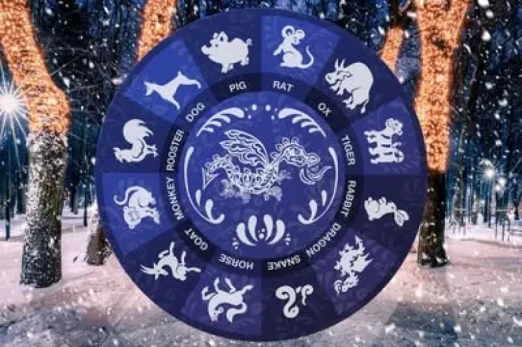Scientists at Pennsylvania State University have found that the HIF2α protein can slow the growth of an aggressive form of pediatric neuroblastoma, a cancer that affects the sympathetic nervous system. The results of the study were published in the journal PNAS.
Neuroblastoma is a malignant tumor that develops from immature nerve cells (neuroblasts). It is most common in children under the age of five, but can also occur in older children and adults. The tumor can be located in different parts of the body, including the adrenal glands, neck, and pelvis. Neuroblastoma is characterized by rapid growth and development of metastases.
HIF2α was previously thought to promote tumorigenesis. But a new study suggests otherwise. The scientists found that increasing the level of HIF2α in neuroblastoma cells with multiple copies of the MYCN gene reduced the amount of MYCN protein. This slows cell division and promotes their maturation into a more mature noradrenergic type.
Noradrenergic-type maturation means that the cells begin to behave like normal adult cells of the nervous system; they form long protrusions, begin to perform specialized functions and lose the ability to grow uncontrollably.
In mouse models, this has been shown to slow tumor growth. Analysis of patient samples confirmed that high levels of the EPAS1 gene encoding HIF2α were associated with low MYCN and a better survival prognosis.
"This gives us new insight into how neuroblastoma develops and may lead to new treatment strategies," explains Huang Yuan, a researcher in the Department of Cellular and Molecular Biology at the University of Pennsylvania.
Translation:Euromedia24.com-in:


























